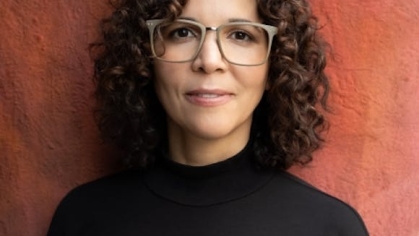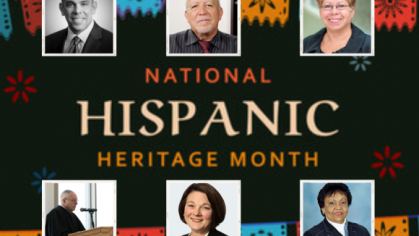Rutgers University–Newark Historian Nükhet Varlık has taken home not one, but two, major awards for her recent book, Plague and Empire in the Early Modern Mediterranean World: The Ottoman Experience, 1347–1600 (Cambridge University Press).
Varlik, an Associate Professor of History who specializes in the history of Islamic Civilization, the Ottoman Empire and the history of medicine, has won the Middle East Studies Association’s (MESA) 2016 Albert Hourani Book Award, along with the 2016 Koprulu Book Prize, awarded by the Ottoman and Turkish Studies Association.
The book was selected as the Hourani Award winner from a pool of 110 books, and was chosen from among 11 competitors for the Koprulu Prize. The awards are considered as the most prestigious in their respective fields.
"It is a great honor and privilege to be the recipient of these prizes,” says Varlik. “I am thrilled to witness how plague, an area of study that has been regarded as rather marginal to Middle Eastern and Ottoman/Turkish studies, is now recognized as central to this field, and am ecstatic that the book has been received favorably by my colleagues."
Plague and Empire in the Early Modern Mediterranean World is a sprawling, systematic study of the Ottoman experience of plague during the Black Death pandemic and the centuries that followed. It explores the historical connections between the growth of the Ottoman power in the Mediterranean world and the simultaneous expansion of plague.
Varlik demonstrates how plague interacted with the environmental, social and political structures of the Ottoman Empire from the late medieval through the early modern era. To support her thesis, she uses archival and narrative sources, including medical treatises, hagiographies and travelers' accounts, as well as recent scientific research.
“Nükhet Varlık’s dazzlingly multi-dimensional analysis extends and reframes our understanding of one of the most important phenomena in Middle Eastern and global history: the plague,” says the MESA award committee. “Drawing on the newest research about epidemiology, environmental factors and imperial interactions, based on a wealth of Ottoman archival and manuscript materials, this book will be influential in Middle East Studies and beyond.”
Varlik is currently working on a new book project tentatively titled The Ottoman Healing Arts: Healers, Patients and the State in the Early Modern Era, which explores the role of the Ottoman state on the transformations of healing traditions and the professionalization of healers in the early modern era.
Varlık is the recipient of a NEH Fellowship by the American Research Institute in Turkey, a Koç University’s Research Center for Anatolian Civilizations Senior Fellowship, and a Turkish Cultural Foundation Post-Doctoral Fellowship.


